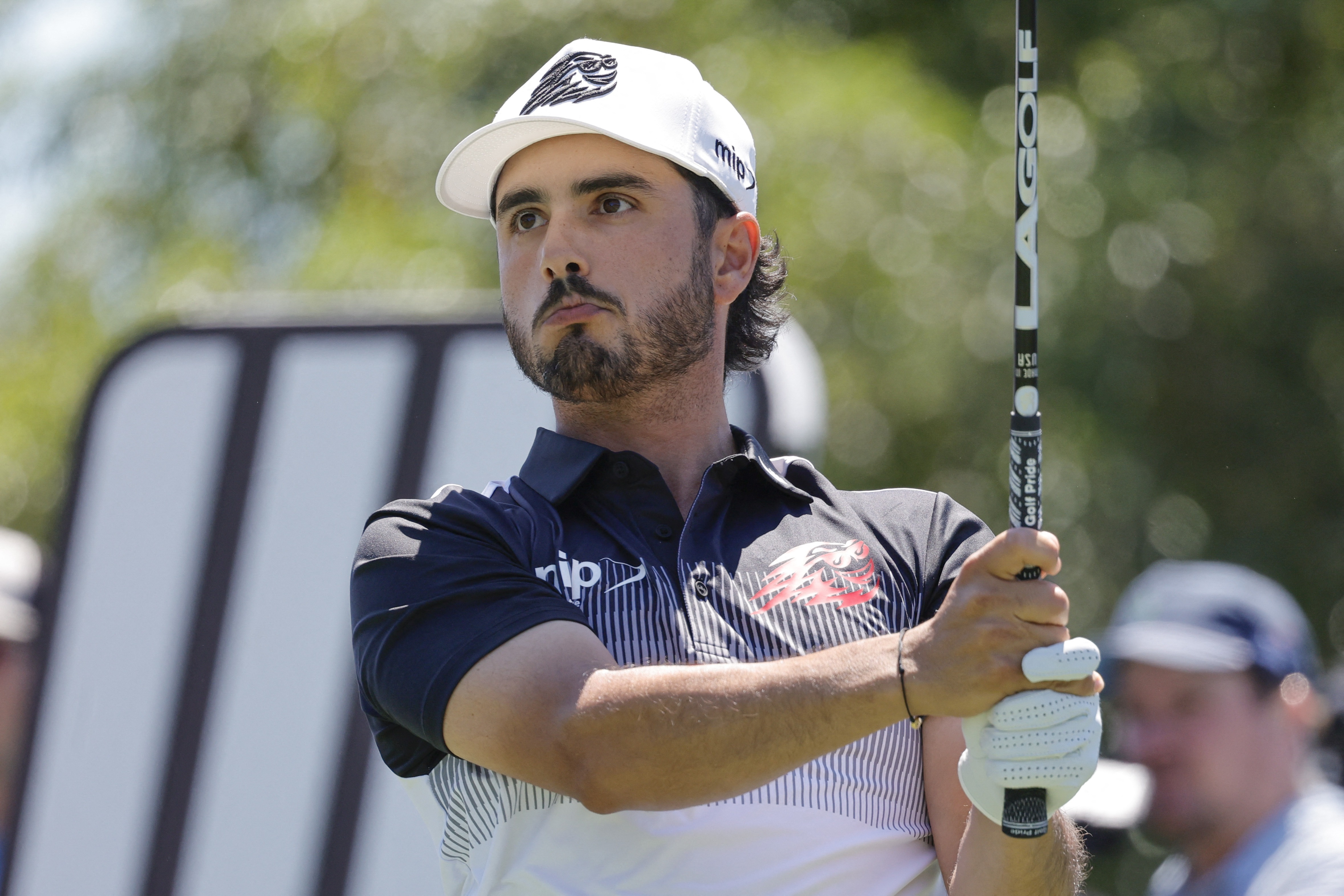LIV Golf Stars Overlooked
Eight LIV Golf stars, including a former Open champion and a Ryder Cup star, have been snubbed for the upcoming Masters tournament. Despite their previous participation, these players will not be teeing off at Augusta this year.
Shakeup in Player List
The Masters 2024 player list includes a total of 89 players, with only 13 from the LIV Golf league. This marks a significant decrease from the 21 LIV stars who competed in the 2023 tournament, won by Jon Rahm, who has since joined the controversial tour.
Notable Absences
Former world No11 Abraham Ancer, recent LIV event winner, and 2010 Open champion Louis Oosthuizen are among the major LIV men who will not be participating in this year's Masters. Other notable absences include Kevin Na, Thomas Pieters, Talor Gooch, Mito Pereira, Jason Kokrak, and Harold Varner III.
Exemptions and Special Invitations
While some LIV stars have gained qualifications through exemptions and recent performances, others, like Joaquin Niemann, were given special invitations to play at Augusta. Players such as Bubba Watson, Charl Schwartzel, and Dustin Johnson hold lifetime exemptions as previous Green Jacket winners.

Defections and Defending Champions
Despite defecting to the LIV Golf league, players like Jon Rahm and Tyrrell Hatton will still be competing at Augusta this year. Rahm, currently world No3 and the defending champion, secured his spot through previous successes in major tournaments.
Frequently Asked Questions
How can retirees get started with golf if they’ve never played before?
A professional can provide introductory golf lessons to retirees at a driving range or local golf course. Beginners are able to learn at their pace, starting with the basics such as gripping, stances, and swings. Many courses offer senior-specific classes or clinics, providing instruction tailored to the physical capabilities and learning preferences of older adults. Renting equipment can help you discover your personal preferences prior to buying clubs.
What health precautions do retirees need to take before playing golf?
Retirees should always consult with healthcare providers before taking up any new physical activity, including golf. It’s vital to wear a sun hat, apply sunscreen and stay hydrated on the golf course. Proper warm-up routines and stretching before play can prevent injuries, as can using the right technique and avoiding overexertion. For people with certain health conditions, using golf carts instead of walking on the course can help reduce fatigue and heat-related risk.
Can golfing enhance the social life for retirees?
Yes, golf can significantly enhance retirees’ social life. The sport’s inherent social nature provides an opportunity to meet new people and foster friendships. In order to increase social interaction and camaraderie with peers, many retirees participate in golf tournaments, join leagues or play regularly. Golf can help to combat loneliness and improve your quality of life.
Are there any golfing organizations or associations specifically for retired individuals?
Senior golf associations, or even chapters within larger golfing organisations, are often geared towards retired golfers. These organizations usually offer social and tournament opportunities, as well as events tailored to the schedules and preferences of retirees. They provide an excellent network for retired individuals to play competitively or recreationally with peers of similar skill and experience levels.
What health benefits can golfing have for retirees and their families?
Golf is an excellent low-impact cardio exercise that enhances flexibility and promotes cardiovascular fitness. The swinging motion and walking the course can improve joint flexibility and balance, and help seniors maintain their strength and endurance. Golf is also a social activity that offers mental benefits. It allows players to interact and build camaraderie, which can reduce stress and improve mental health.
Statistics
- Research suggests that social interaction in golf contributes to over 20% reduction in all-cause mortality for seniors.
- The physical activity associated with golf, such as swinging and walking, has been linked to a 40% reduction in fall risk among elderly populations.
- Senior golfers have been reported to walk an average of 600 to 900 miles per year if they play 36 holes a week, implying significant cardiovascular benefits.
- Retired golfers contribute to approximately 30% of all golf equipment and apparel purchases, indicating a strong market presence in the industry.
- Surveys reveal that over 80% of retired golfers play for recreational purposes, valuing the social and physical aspects over competition.
External Links
aarp.org
arthritis.org
pga.com
agingcare.com
ngf.org
How To
How to Play Golf at a Healthy Pace for Retirees
Playing at a reasonable pace will make you more enjoyable and respectful to other golfers. Preparing for your shot when it is your turn and keeping your pre-shot sequences concise will help you to enjoy the game. If you’re struggling with a particular hole, consider picking up the ball after a certain number of strokes to keep the game moving. If you need to, use golf carts. Walking is also a great way to exercise. Final tip: Make it a point to let faster groups pass through. This is especially important if you are part of a large or slow-moving group.

